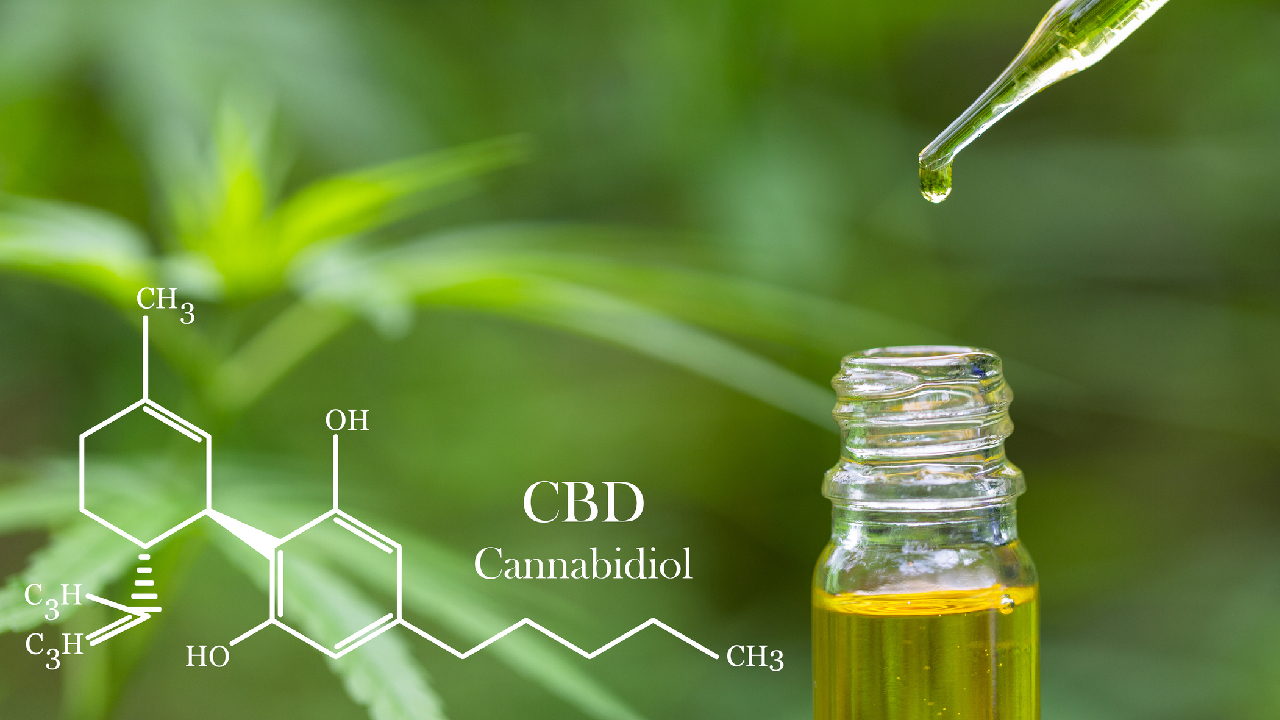In OTC Category Reviews
Follow this topic
Bookmark
Record learning outcomes
The Food Standards Agency (FSA)’s recommendation in October that healthy adults do not consume more than 10mg of cannabidiol (CBD) per day sent shockwaves through the supplements industry. After all, this was a massive reduction considering the FSA’s previous advice was 70mg per day (writes Nicola O’Connell).
The FSA’s updated advice suggests a cautionary approach to CBD, but this could be alarmist for some of the many consumers who have come to rely on CBD to help with anything from anxiety and sleep disturbance to chronic pain. The products undoubtedly have a huge following, with the market expected to increase in value from £690 million in 2021 to £1 billion by 2025.
But does this latest advice put a damper on everything? The first thing to bear in mind is that the advice is based on concerns over long-term daily use – as yet uncovered territory. It follows the findings of two independent committees – a joint subgroup of the Advisory Committee on Novel Food and Processes and the Committee on Toxicity – which reviewed safety evidence submitted by the CBD industry as part of their novel food applications.
Professor Robin May, chief scientific advisor at the Food Standards Agency said: “The more CBD you consume over your lifetime, the more likely you are to develop long-term adverse effects, like liver damage or thyroid issues. The level of risk is related to how much you take, in the same way it is with some other potentially harmful products such as alcoholic drinks.”
As before, the FSA still advises that CBD should not be taken by people in vulnerable groups, including children, unless under the care of a medical professional, as well as those who are pregnant and breastfeeding.
“We have always advised the public to think carefully about taking edible CBD products and, as with all foods, we continue to review our advice based on the evidence we gather from industry,” said Emily Miles, chief executive of the Food Standards Agency.
“We understand that this change to our advice will have implications for products currently on the market that contain more than 10mg of CBD per serving. We will be working closely with industry to minimise the risk, to ensure consumers are not exposed to potentially harmful levels of CBD.”
Chequered history
It is fair to say it hasn’t all been smooth sailing for the CBD industry. After being confirmed as a novel food in 2019, the Committee on Toxicity (CoT), which is part of the FSA, raised concerns about its safety in 2020. And by March 2021, CBD manufacturers needed to have their submitted applications ‘validated’ or face removal of their products from the shelves.
Meanwhile, alongside rave reviews of people’s individual stories of success were also reports of rogue products. For instance, research commissioned by the FSA in 2022 revealed that among 30 high street CBD products, the illegal compound tetrahydrocannabinol (THC) was detected in a huge 87 per cent of them.
On the back of the latest guidance from the FSA, health food retailer Holland & Barrett initially withdrew 31 CBD products from its shelves, but subsequently reinstated these products days later, saying it is bringing new guidance to its stores and changes to product descriptions online so that consumers can make informed choices.
So is it really necessary for pharmacy and other retailers to reconsider sales of CBD products, particularly for those who have seen strong growth in this area? The reality is that these products have a loyal following, and provided that they meet the requirements of novel food legislation and are from reputable manufacturers providing robust data and good support, it can be argued consumers – armed with information on the guidance – can make the choice to continue to use the products for their individual needs.
Donal Bourke, director of wellbeing company Mindful Extracts, which sells a number of CBD products, comments: “Having previously recommended a dosage of 70mg a day, consumers will naturally be left confused and worried about the FSA recommendations for a very low daily dosage of 10mg. Research from our own customer base indicates an average daily dose of 30mg, with the vast majority taking CBD for anxiety. But many take much higher amounts to treat severe symptoms such as chronic pain or for specific conditions such as epilepsy.
“Having said that, not one customer has been in contact with us concerned about the new FSA recommendations and I don’t think it has changed consumer behaviour. So while pharmacists may be obligated to communicate the new recommendations, we don’t think there will be much change in consumer behaviour.
“Ultimately, there are many holes in the methodology that the FSA has used to produce their recommendation, with huge gaps and assumptions in the data. So I don’t think that the recommendations will actually last for long. As further toxicology reports from the Novel Food initiative come in, we hope to see a more sensible dosage agreed on.”

